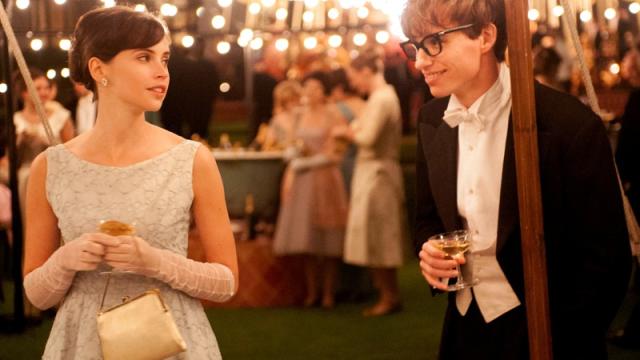Stephen Hawking makes headlines with every utterance, whether he is making bets with colleagues, attending movie premieres, expounding on A.I., or slyly suggesting women are the ultimate mystery. Now he’s inspired a lyrical sonnet ruminating on relativity, quantum mechanics and (of course) black holes.
In a poignant essay in The Paris Review, poet Sarah Howe reminisces about her days as a research fellow at Caius College in Cambridge, where she often lunched with other fellows in the sciences as well as the humanities. When, several years later, she was asked to write a poem about light for the United Kingdom’s 2015 National Poetry Day (celebrated yesterday), it seemed natural to approach it from the absence of light — namely black holes, the lifelong specialty of Caius College’s most famous fellow, Stephen Hawking.
The result was “Relativity.” Howe says she chose the sonnet form because it reminded her of a black hole, “exerting its own gravitational pull, compressing an everywhere into its little room.”
More broadly, Howe is making a case in her essay for more interactions between poets and scientists, hearkening back to an earlier age when Milton honored Galileo and his telescope with a cameo in Paradise Lost. There is more common ground between the two cultures than one might think. As she writes:
“Science relies on metaphor — traditionally the poet’s tool — to describe and communicate itself. This was a recurring theme of my chats with scientific colleagues, who in their teaching come up with analogies to explain complex ideas for their students or phenomena taking place at a level we can’t see. They were conscious, too, of how these metaphors can mislead, making the known and the unknown seem more alike than they really are. I wanted to explore that tension in “Relativity,” whose title points to Einstein’s celebrated theory of 1915, a hundred years old this year. For me, relativity also suggests the relationship between two things in a comparison — the ligature of the word like, which chimes through my poem — whose interplay enables us to think.”
When Hawking learned Howe had written a poem for him, he asked to meet her. Howe recalls telling Hawking of reading Brief History of Time as a teenager, augmenting all the science fiction books she devoured in high school. She even painted her bedroom ceiling black, dotting it with white “stars” to create her own private night sky.
She confesses that witnessing firsthand the enormous effort required for Hawking to communicate — he relies on twitching small muscles in his cheek to navigate a scrolling menu on a computer display — “filled me with a sense of the preciousness of language.” And she jokingly suggests that Hawking should publish a volume of his own experimental poetry, based on the the occasional random words that flash on the screen — the result of stray movements picked up by his ultra-sensitive cheek sensor.
You can almost hear Hawking’s distinctive computerised voice in the concluding lines from “Relativity”:
For what’s sure in a universe that dopplers
away like a siren’s midnight cry? They saya flash seen from on and off a hurtling train
will explain why time dilates like a perfectafternoon; predicts black holes where parallel lines
will meet, whose stark horizon even starlight,bent in its tracks, can’t resist. If we can think
this far, might not our eyes adjust to the dark?
[Via The Paris Review]
